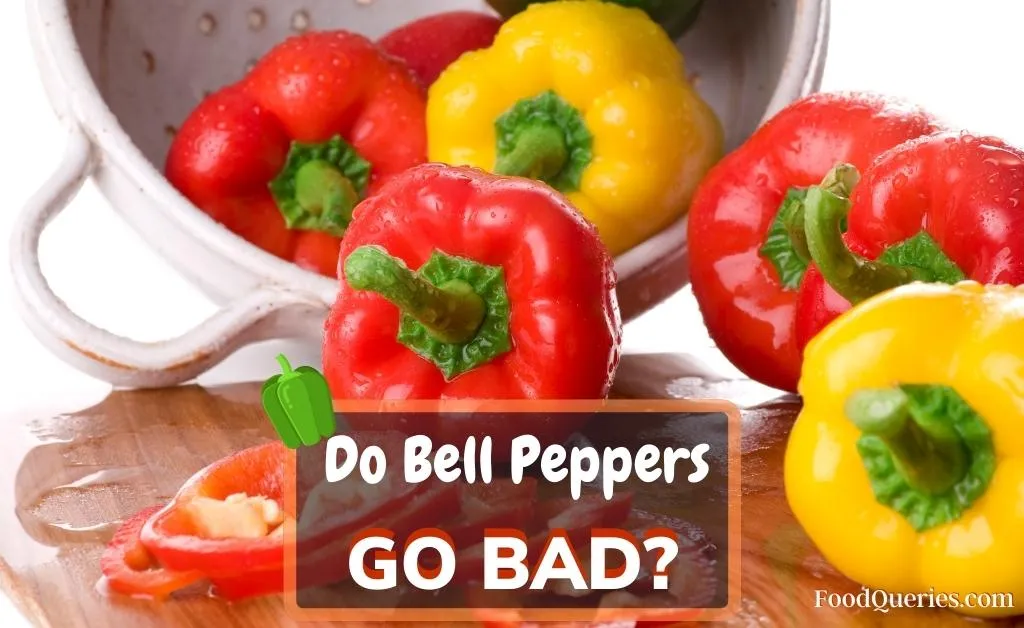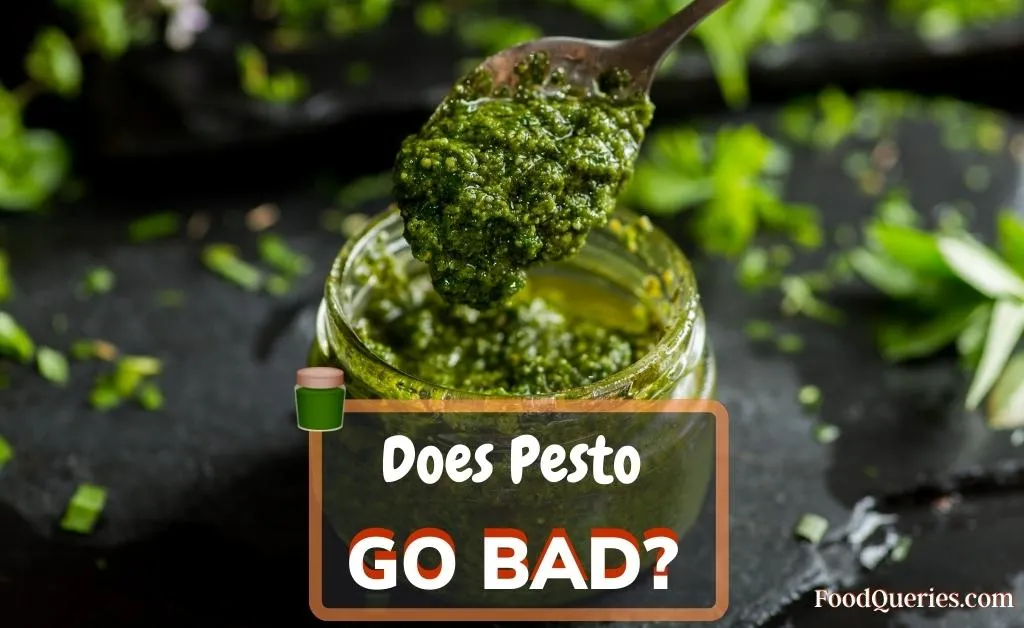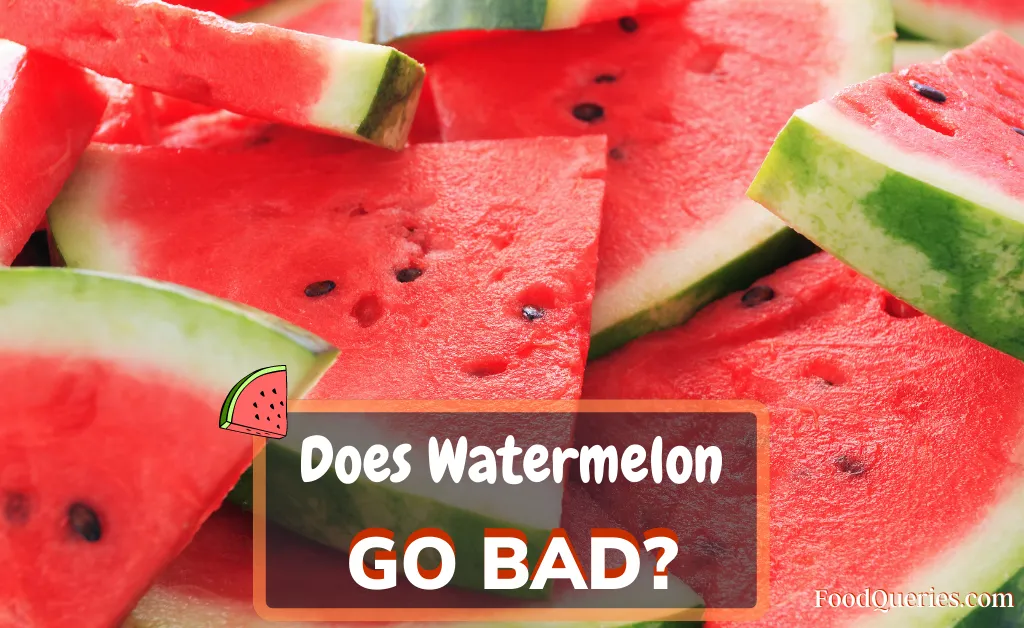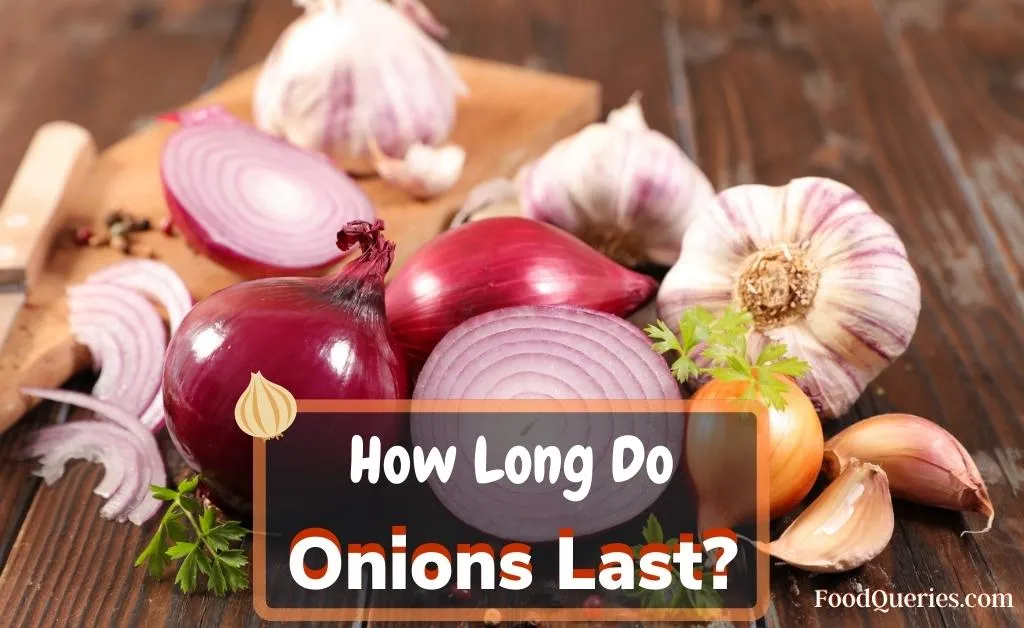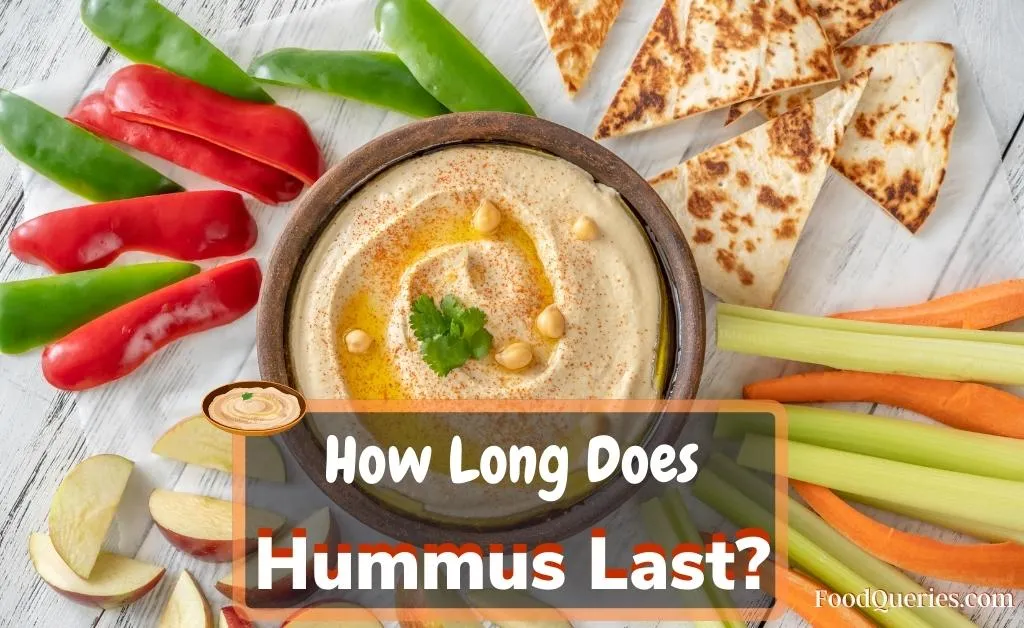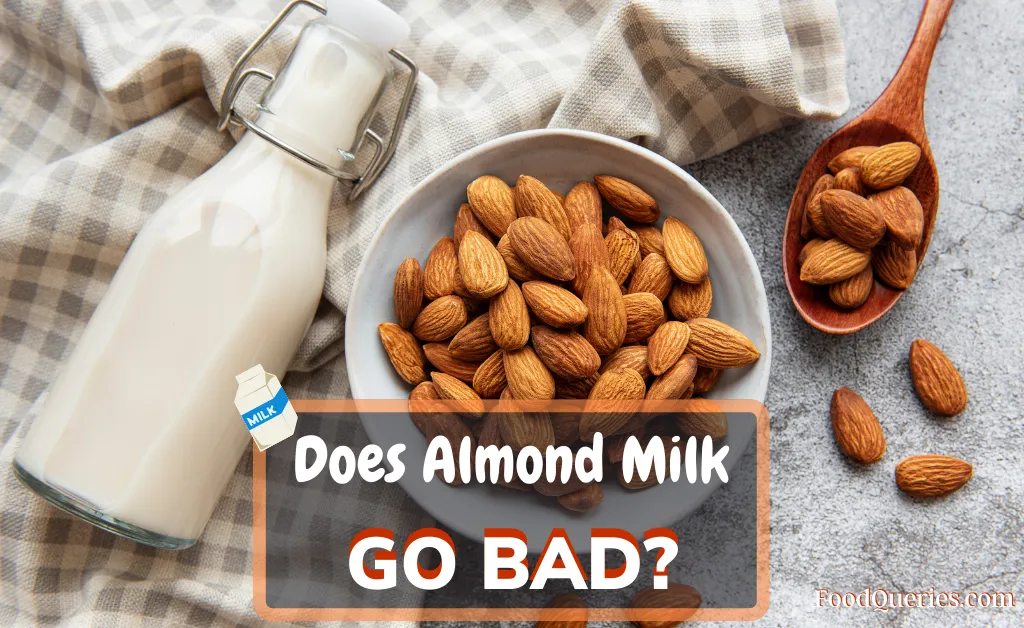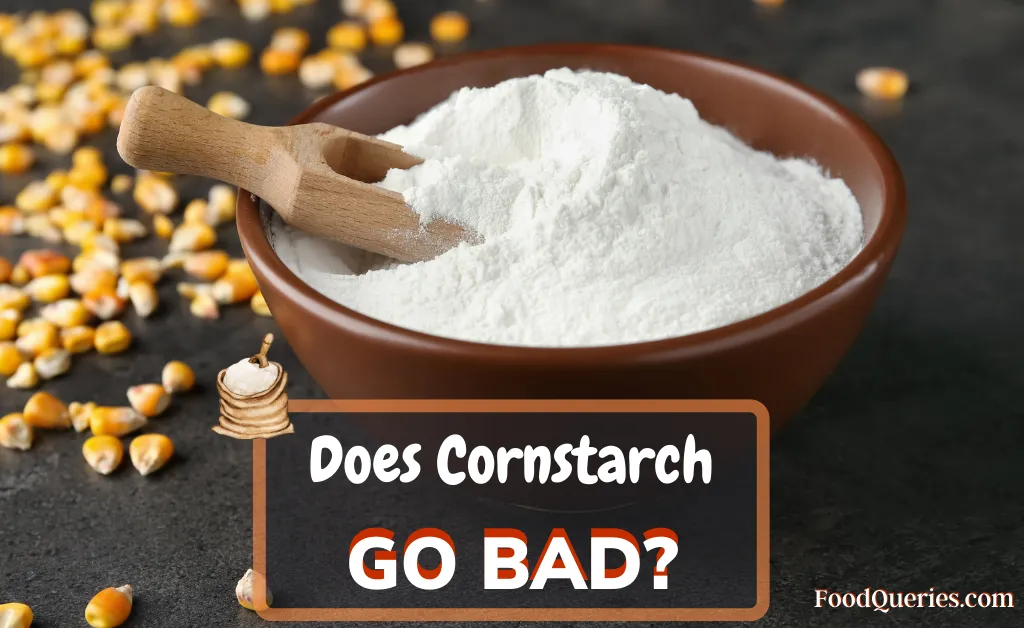Bell peppers are versatile and naturally great fits for stocking up on. Want a light sauteed meal of veggies or a baked casserole? Bell peppers have you covered!
But how long do bell peppers last in the fridge?
Green bell peppers last longer than their colored alternatives. You can store them in the fridge for 10 to 20 days. For colored ones, 7 to 14 days is the limit. If your bell peppers are already cut, 4 to 5 days is the most. If you leave them on the counter, chopped ones will not last more than 2 hours. If they are whole, you are looking at 5 days at most.
How Long Will Bell Peppers Last?
How long your bell peppers last depends entirely on the quality of the peppers you buy and how you store them. If they are fresh and stored well, you can enjoy a hearty meal out of them for a long time! Below is an estimate of how long this popular fruit (yes, they are fruits) will last:
Bell Peppers in the Counter
I am always against leaving anything on your counter for a long. Bell peppers are no different. If they are fresh and whole, you can expect them to last about 5 days. If they are not fresh out of harvest, this time will dwindle.

It’s different if they are chopped and left on the counter. You will have bacterial growth on them within hours. How? Well, once you chop them, you expose their inner flesh to microbes in the air and the fruit’s surface. This speeds up the rate of spoilage. Soon enough, enzymes within the peppers will start going bad too.
In short, if you leave chopped peppers on the counter, consume them within 2 hours.
Bell Peppers in the Fridge
Whole bell peppers in the fridge will stay for 5 days, sometimes longer if stored well. Green variants are picked before they ripen. This extends their shelf life and makes them outlast their colored counterparts.
Here is a table for your convenience:
| Variant | Shelf Life if Refrigerated |
| Colored | 7 to 14 days |
| Green | 10 to 20 days |
| Chopped | 4 to 5 days |
If you chop bell peppers, store them in the fridge for 2 days at most. Keep them in airtight containers wrapped in paper towels. Remember, green ones will outlast colored ones.
If you have leftovers from cooked bell peppers in an airtight container, refrigerate them for 3 to 4 days. When cooked, the variant does not matter.
Bell Peppers in the Freezer
Frozen peppers can last for 8 to 10 months in the freezer. Consume them as soon as possible to enjoy the best quality. I have noticed hot peppers lose their heat with time when frozen.
Also Read: How Long Does Whipped Cream Last?
How to Store Bell Peppers?
Fresh bell peppers are a great addition to any recipe and have many health benefits. But if you do not store them well, they might spoil before you use them. I prefer storing both whole and chopped ones in the fridge. Want to store them for a long time? Consider freezing them.
Storing Whole Bell Peppers
Do not wash bell peppers until you are ready to cook them. If you do wash them, always dry them before storage. Produce bags are the best places to store them. These bags come with a mesh finish, which allows the peppers to breathe. Poke holes in any plastic bag, and you are good to go. Avoid tying or knotting the bag to let airflow in.

Store them in the refrigerator’s vegetable drawer to ensure freshness and crispness. Spread them out, and keep them separated from fruits. Fruits tend to release ethylene which is not suitable for the shelf life of bell peppers.
Storing Chopped Bell Peppers
Wrap chopped bell peppers in a paper towel to avoid them getting damp or slimy when refrigerated. Store them in an airtight container or a plastic bag. Seal the container or bag well. Make sure this is done within 2 hours of chopping them.
Place the peppers on the top shelf or in the fridge’s vegetable drawer. But with chopped ones, storing them in the drawer is not mandatory.
Storing Bell Peppers in the Freezer
Bell peppers are frozen better if chopped or sliced. Remove the stem and slice them in half. Scoop out the seeds before chopping them. Spread them out on a cookie sheet or a tray. Never stack them one on top of another. This will make them stick together. Always arrange them in a single layer.
Freeze the cookie sheet for an hour. Make sure nothing touches the peppers. Once frozen, toss the peppers in a freezer bag or an airtight container. Squeeze out excess air and seal the container or bag. Toss the container into the freezer.
Put a label with the date to know how long you are storing them. Before consuming them, thaw them out in the refrigerator for a day or half a day.

What to Look For While Buying Bell Peppers?
The quality of the bell peppers you pick will determine the efficiency of storing them well. Look for shiny, smooth, and firm skin. Make sure there are no dark spots, holes, or rotten parts. If you plan to store them for longer, choose green ones. If you are looking for a sweet taste, red ones are better.
How to Tell Bell Peppers Have Gone Bad?
It is never a good idea to store any fruit or vegetable for long. Try consuming them within days of buying. But if you cannot fit your bell peppers into your daily meal schedule, store them well. Unfortunately, after a while, they will start to spoil.
How to understand if they are going bad? Here are the tell-tale signs:
- Loss of moisture making them softer and sunken
- Growth of mold
- Unpleasant smell
If your bell peppers have wrinkled skin, they are losing moisture. But you can still use them if you do not notice mold or an odd smell. Of course, their appearance would be less appetizing, so I suggest throwing them in a recipe.
Also Read: How long does lettuce last in the fridge?
Why Should You Avoid Spoiled Bell Peppers?
Bell peppers become bad in taste, smell and look. Moreover, they can lead to nausea, stomach cramps, and diarrhea if you eat a spoiled vegetable. You can run a small risk of contracting food poisoning as well.
Frequently Asked Questions (FAQs)
Q1. How do you know when bell peppers go bad?
Ans. There are tell-tale signs of understanding if bell-peppers are going bad. You will see them losing moisture and becoming softer and more shrunken. While you might still use them in that state, there are more severe signs of rot. If you notice mold growth on even a tiny part, it is time to toss it out. An unpleasant smell is another dead giveaway that your pepper is not okay.
Q2. How do you keep bell peppers fresh longer?
Ans. If you want to keep bell peppers fresh for longer, slice them up and store them in the freezer. This will give you 8 to 10 months, sometimes more. Remember to store them in a freezer bag or an airtight container. Remove the excess air before storing.
When refrigerated, you are looking at 7 to 14 days for colored ones and 10 to 20 days for green ones. Avoid leaving them on the counter if you want to store them for longer.
Q3. Do bell peppers last longer in the fridge?
Ans. Bell peppers last the longest when sliced and frozen. Toss them in a freezer bag and freeze them, and you get 8 to 10 months of perfectly good peppers. But if you store them in a fridge, green ones will last for 10 to 20 days, while colored ones will be good for 7 to 14 days. Chopped or sliced peppers will last for 5 days at best when refrigerated.
Q4. How do you make bell peppers last longer in the fridge?
Ans. Wrapping them in paper towels to avoid moisture from seeping in is a good way. Store them in the vegetable drawer of the fridge, away from fruits. Even if you store them well, look out for mold, shrinking, odd smells, or similar signs of rot.
Bell peppers in the fridge will last for 5 days if sliced. Green whole peppers stay for 10 to 20 days, while colored ones can be stored for 7 to 14 days.
Q5. Can bell peppers last 3 weeks?
Ans. Bell peppers will only last 3 weeks if frozen. Slice them up and keep them in a freezer bag; you should be good for 8 to 10 months. But without freezing, they will go bad much sooner than 3 months. If whole green ones are refrigerated, you can expect them to last for 20 days at most.
The Bottom Line
Bell peppers are a cure for many diseases. They help delay age-related memory loss and reduce the possibility of anemia. They also protect against chronic diseases and cataracts and help lower blood sugar. Not to mention, they taste heavenly!
So, it is not a surprise if you plan on storing your bell peppers for a while. Follow the best storage practices, and you should be able to enjoy them for longer.

